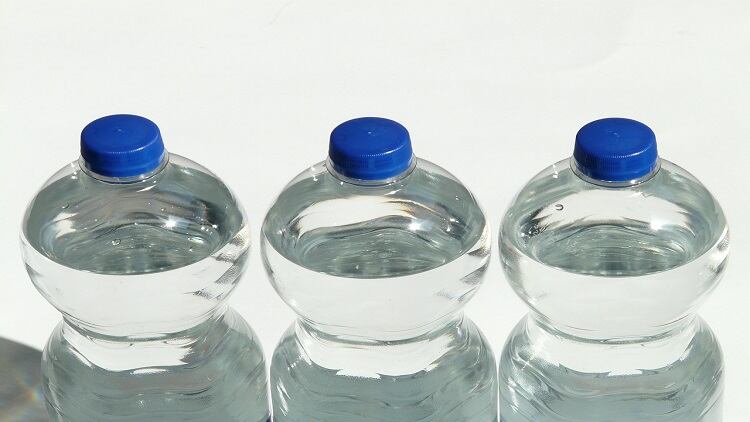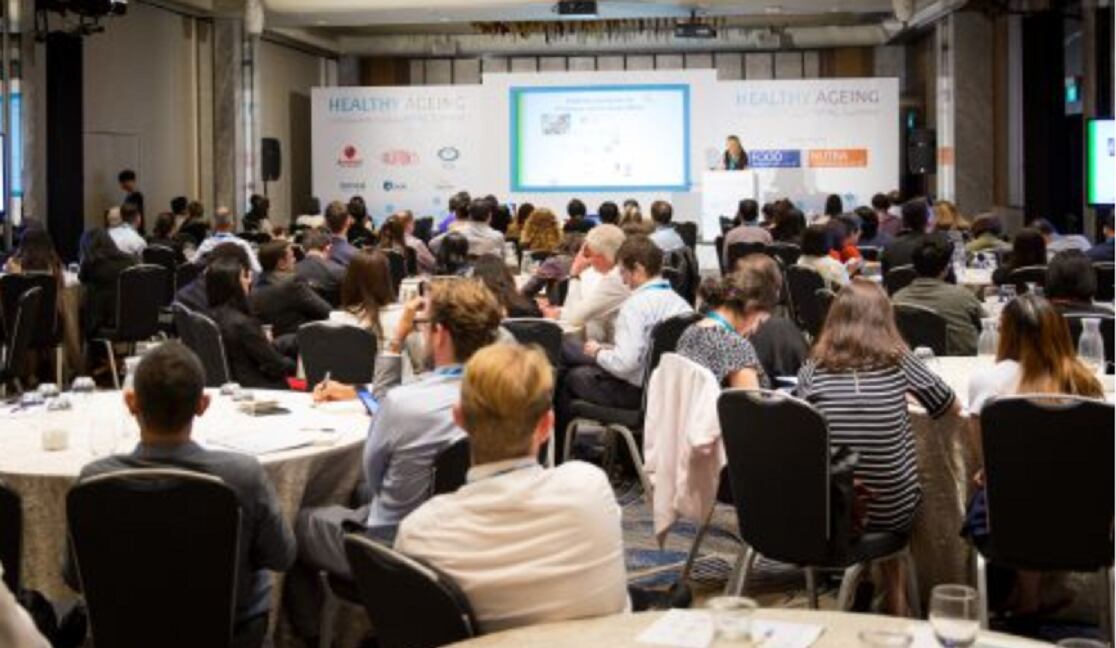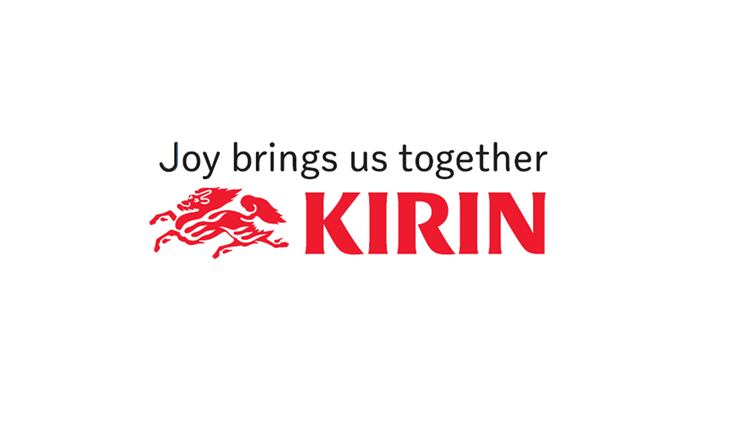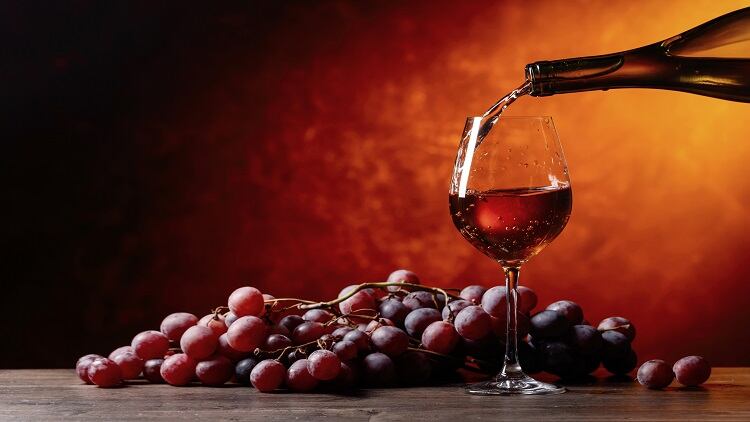The firm is aiming to cut plastic waste by promoting the recycling of PET bottles; eliminating single-use plastic and replacing it with other materials; andimproving the sustainability of PET bottles.
To promote recycling, the firm will work with national, local government, and industry organisations to create an efficient collection and reuse system for high-quality used PET bottles.
“We do not believe that Kirin alone can achieve the goal. We believe that it is necessary for all stakeholders, including peer companies in the same industry, distributors, plastic recyclers, and even the administration to be united in building a system to achieve the goal,” company spokesman Toshiaki Hyoudou told FoodNavigator-Asia.
Elaborating on the collaboration between different players, he said that the National Food Drink Federation had agreed to make recycling boxes available at places with vending machines to collect used beverage containers.
To encourage sorted collection, the recycling boxes for collecting used PET bottles are also labelled as “exclusively for PET bottles”.
The firm last year also endorsed the Soft Drink Business Plastic Resource Reclamation Declaration issued by the Japan Soft Drink Association last November. This is an initiative aimed at the 100% effective utilisation of PET bottles for zero waste by 2030.
In 2017, only 3% of Kirin’s PET materials used recycled plastic and some products use 100% recycled resin PET bottles.
According to The Council for PET Bottle Recycling, the recycling rate of PET bottles in Japan is highest in the world.
In year 2017, out of the 587,000 tonnes of PET bottles sold, Japan achieved a PET bottle recycling rate of 84.8%, which was 0.9% higher than the previous year.
Elsewhere in Europe, the recycling rate was 41.8%, while that of the US was 20.9%.
Using non-edible plants
Besides increasing PET bottle recycling, Kirin also plans to create PET bottles with more sustainable means, such as considering the use of non-edible plants.
Toshiaki said that doing so would help to reduce the dependence on petroleum resources.
This approach has been already been adopted by some food firms. PepsiCo India last year said that it would launch its first plant-based packaging for Frito-Lay and KurKure snack products in a bid to tackle domestic plastic waste.





